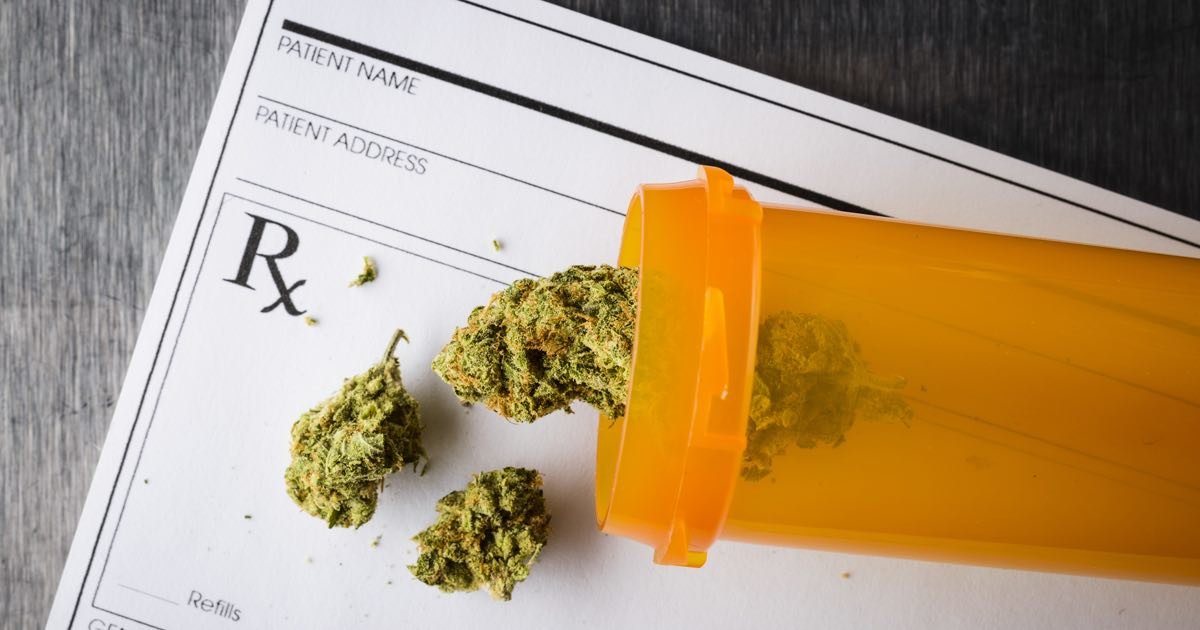Potency of marijuana at issue in legislature
Rep. Jill Ford had hoped her proposed medical marijuana bill would have gotten some consideration. It did not.
Instead, the Mississippi House passed SB 2095 last Wednesday with three small, but important changes.
The measure was approved by a 104-14 vote. Ford, a Republican from Madison, was one of the no votes.
Mississippi lawmakers this Wednesday sent the governor a bill that would create a medical marijuana program for people with serious medical conditions.
If it becomes law, Mississippi would join the majority of states that let people use cannabis for medical reasons.
The House and Senate on Wednesday both passed the final version of the measure, Senate Bill 2095.
Republican Gov. Tate Reeves could sign the bill, veto it or let it become law without his signature. He has not said what he will do, but legislators passed it by a wide enough margin to override a veto.
Ford last Thursday said her bill would have taken medical marijuana on a slower path than the Senate bill. Ford also wished her bill could have gotten a fairer shake from her fellow House members.
“I was hopeful it would have a chance,” Ford said. “I could not even find a copy of it on the internet. The House did go ahead and pass the Senate bill Wednesday night.”
“The Senate bill was a fast approach, I thought. I’m for medicinal marijuana, but I wanted to go in a slower gear. I felt mine provided for a true medicinal marijuana program. Still, I’m proud of what we're doing in Mississippi.
“We have more dollars available to us and we have a new flag. Things are really going great for our state,” Ford said.
The three small changes the House made before taking a final vote on SB 2095, included reducing the potency of the marijuana for treatment from 3.5 grams to 3.0. It had been as high as 5.
Reeves had come out against much of the original legislation but the 3.0 number that was approved Wednesday was closer in line to his call for a 2.8 level.
The two other changes were to eliminate the Mississippi Department of Agriculture from having a role in how the provision goes forward.
The House also amended for local municipalities and county's an opt-out provision.
“I still have some issues with it, but goes back to Senate,” Ford said. “I think they may just concur with the House and then send it to the governor. Honestly, though, you never know with these things.”
On Tuesday, House and Senate leaders announced they had come to an agreement with plans to send a bill to Reeves sometime this week. A final change to the bill involved where marijuana growth operations would be allowed.
Originally, marijuana growth operations would be allowed areas zoned for agricultural and industrial businesses. The House added commercial zoning to the bill, but it was amended only if local government entities approve said operations.



